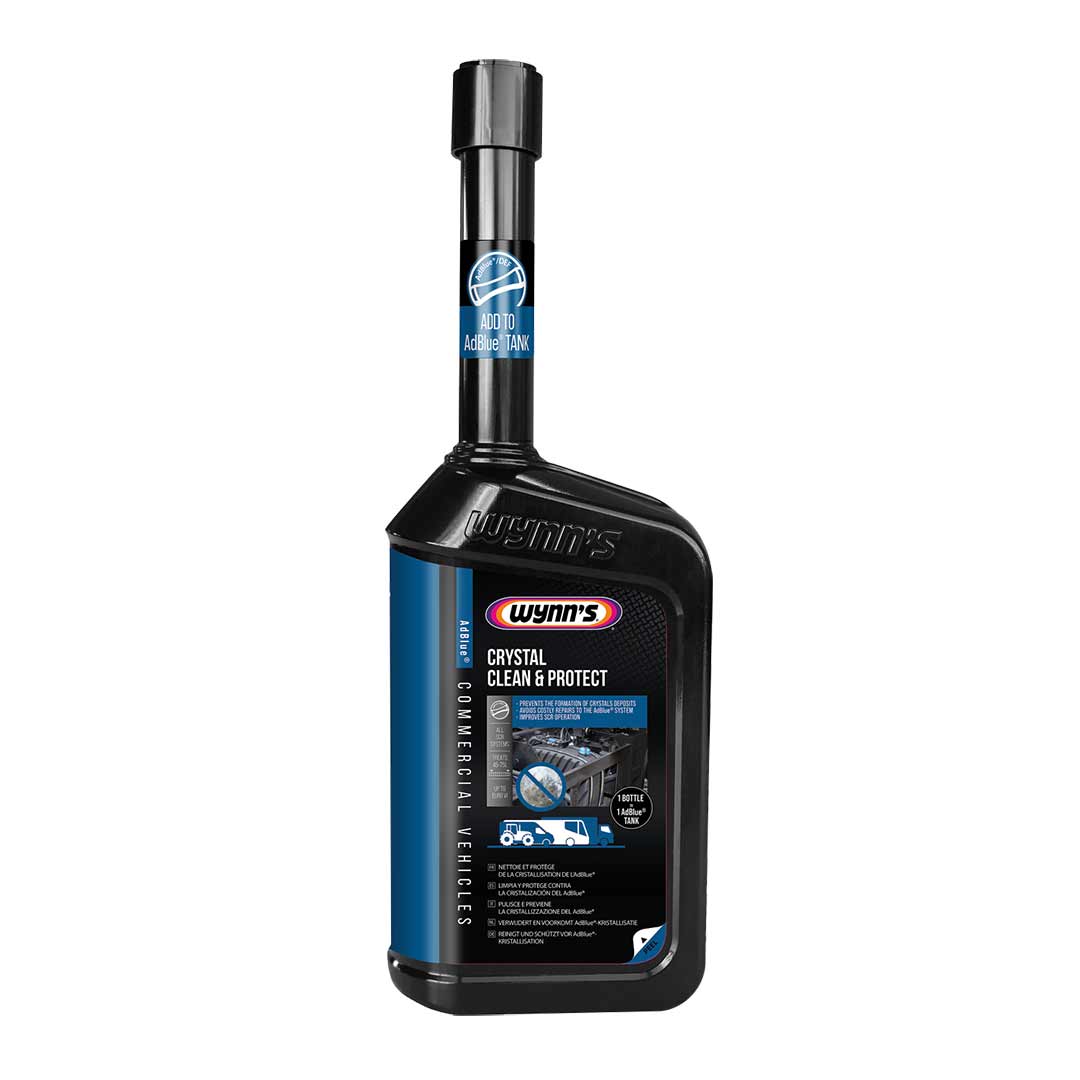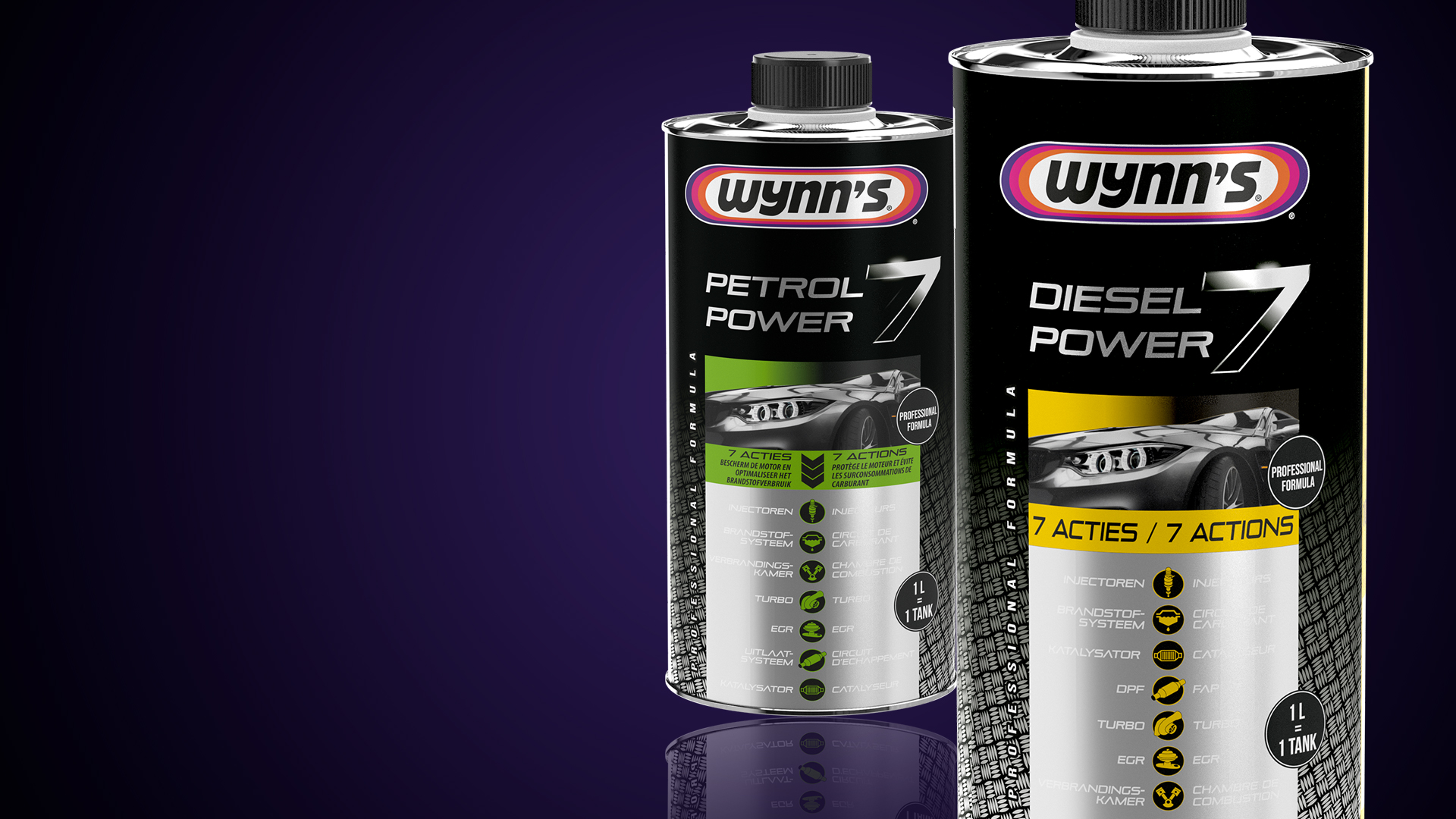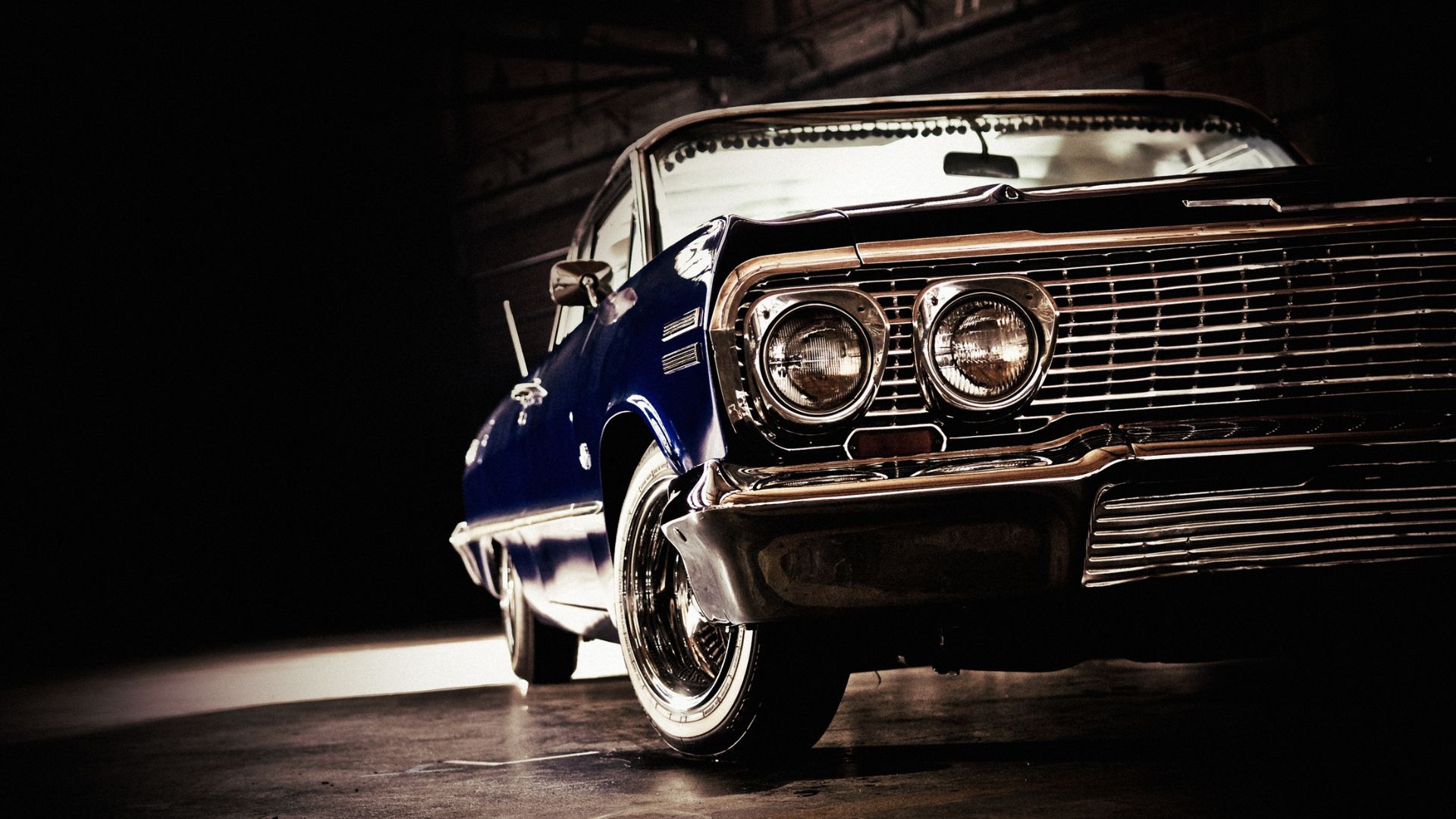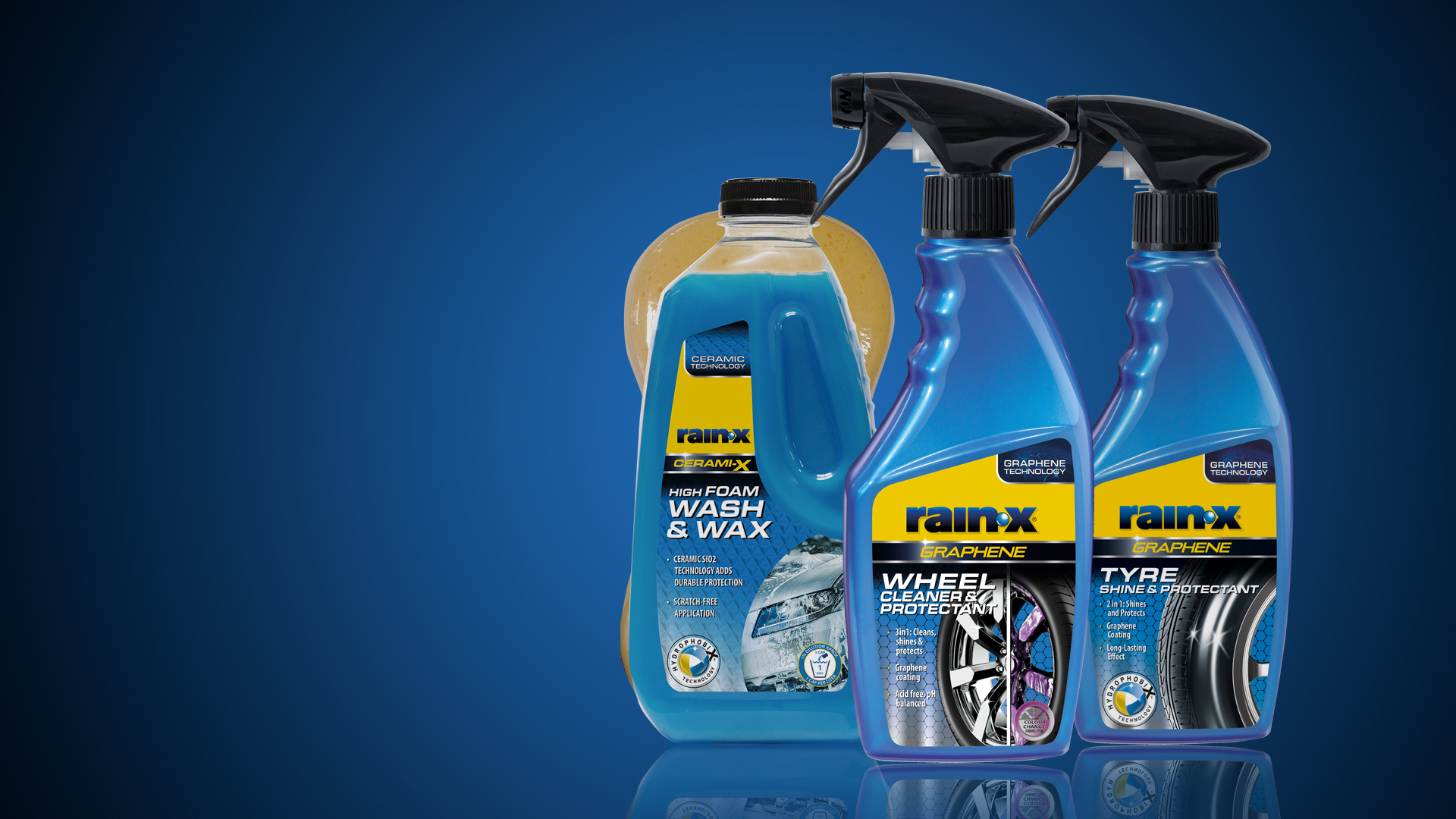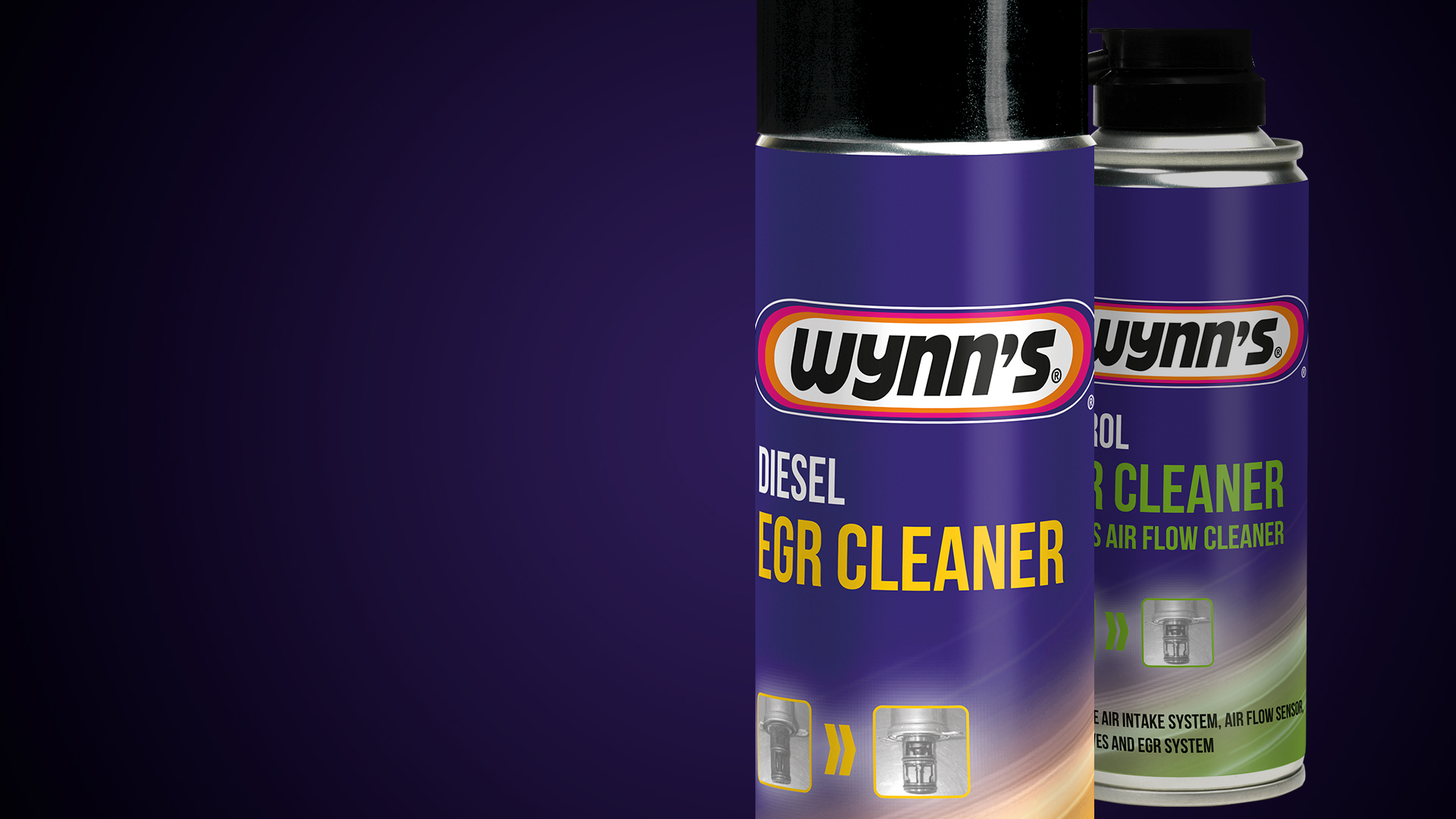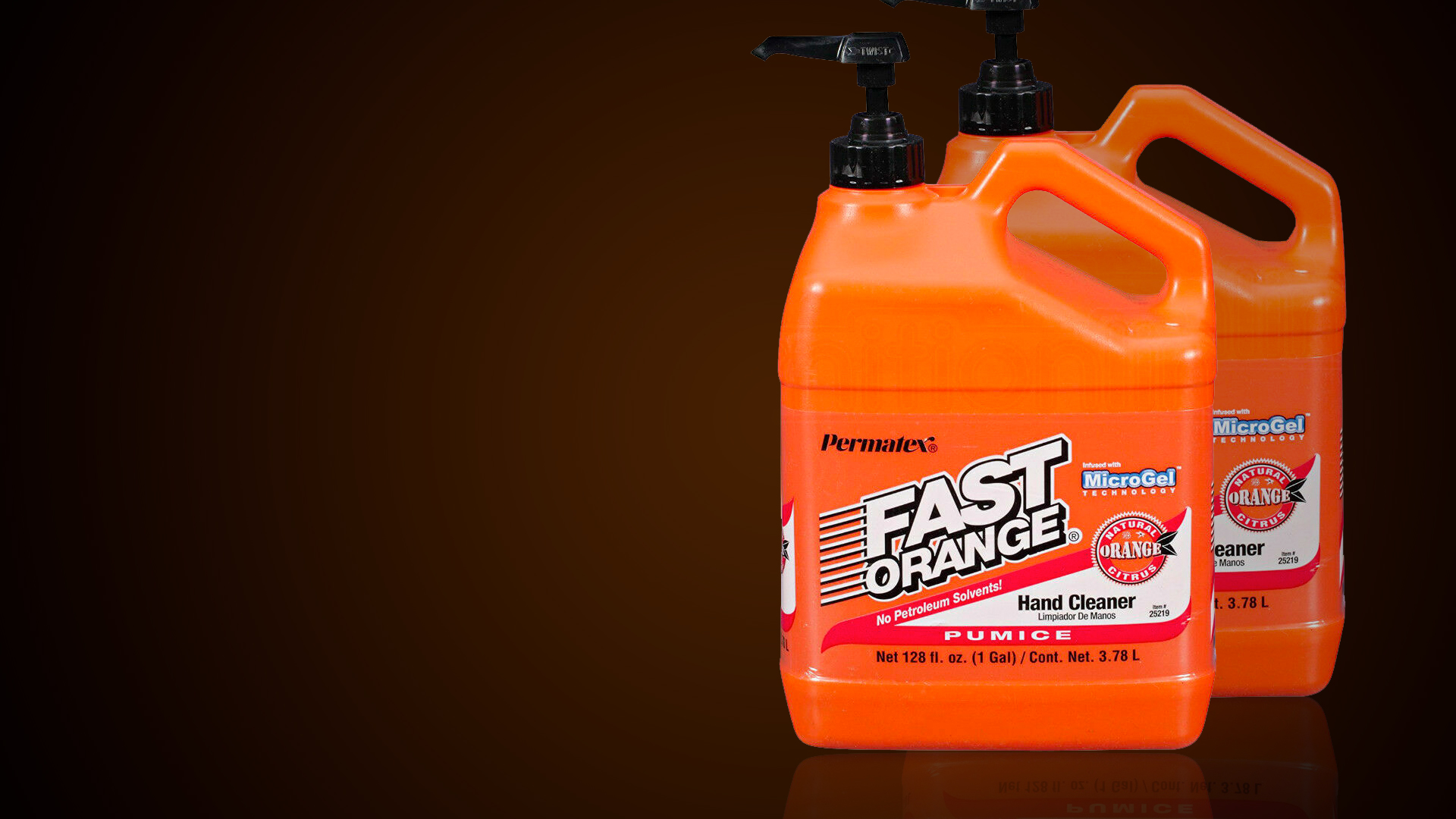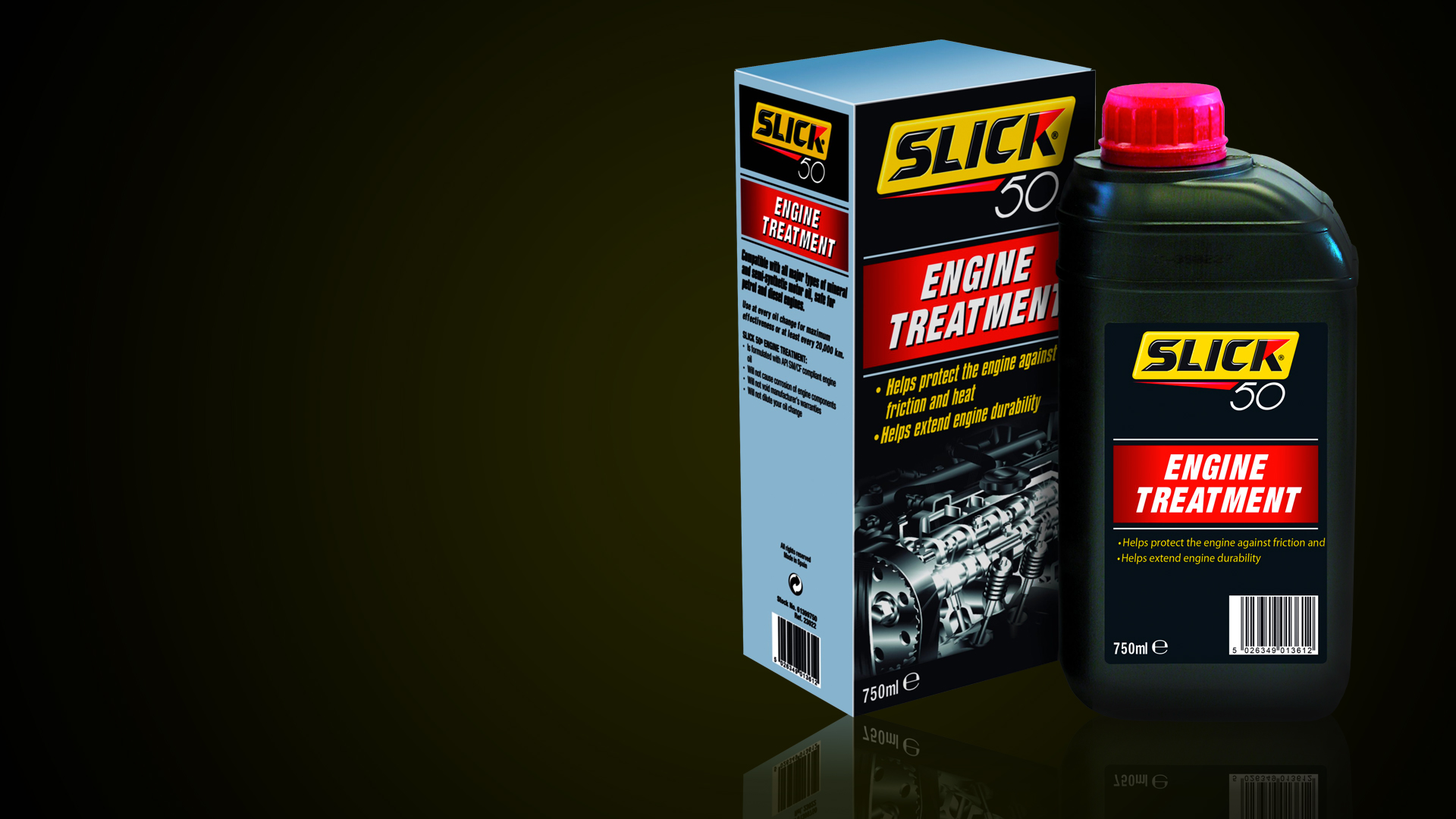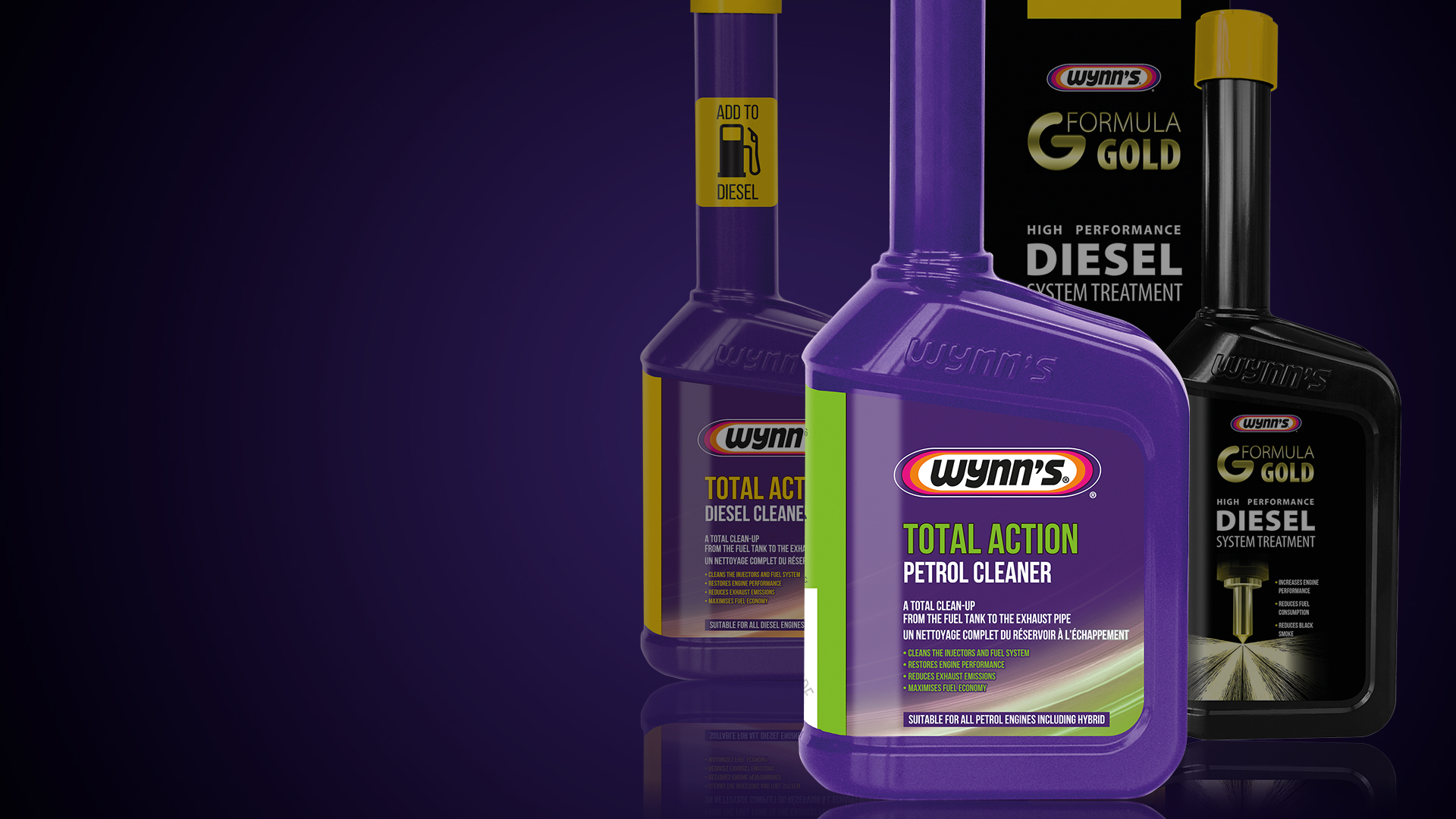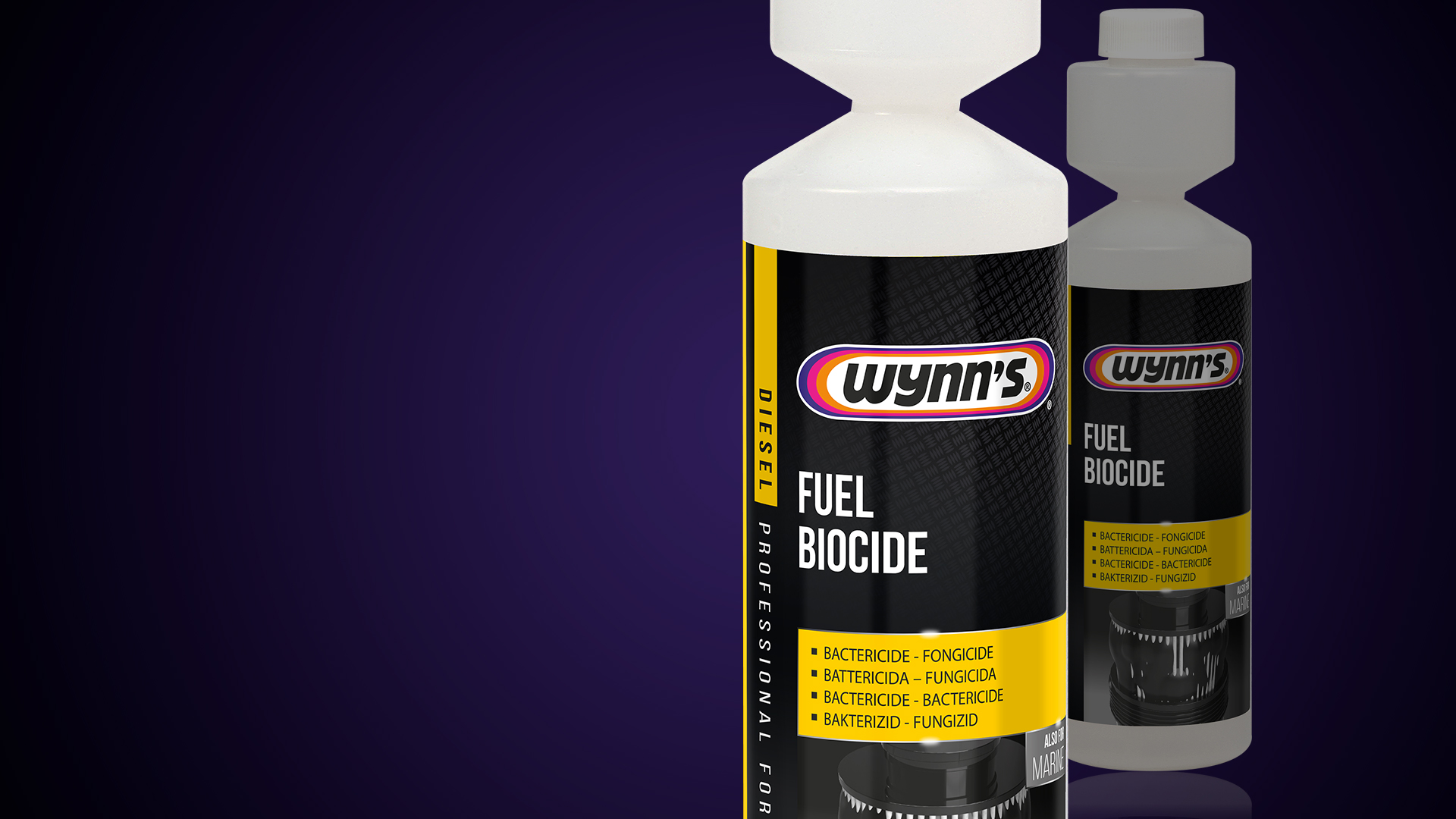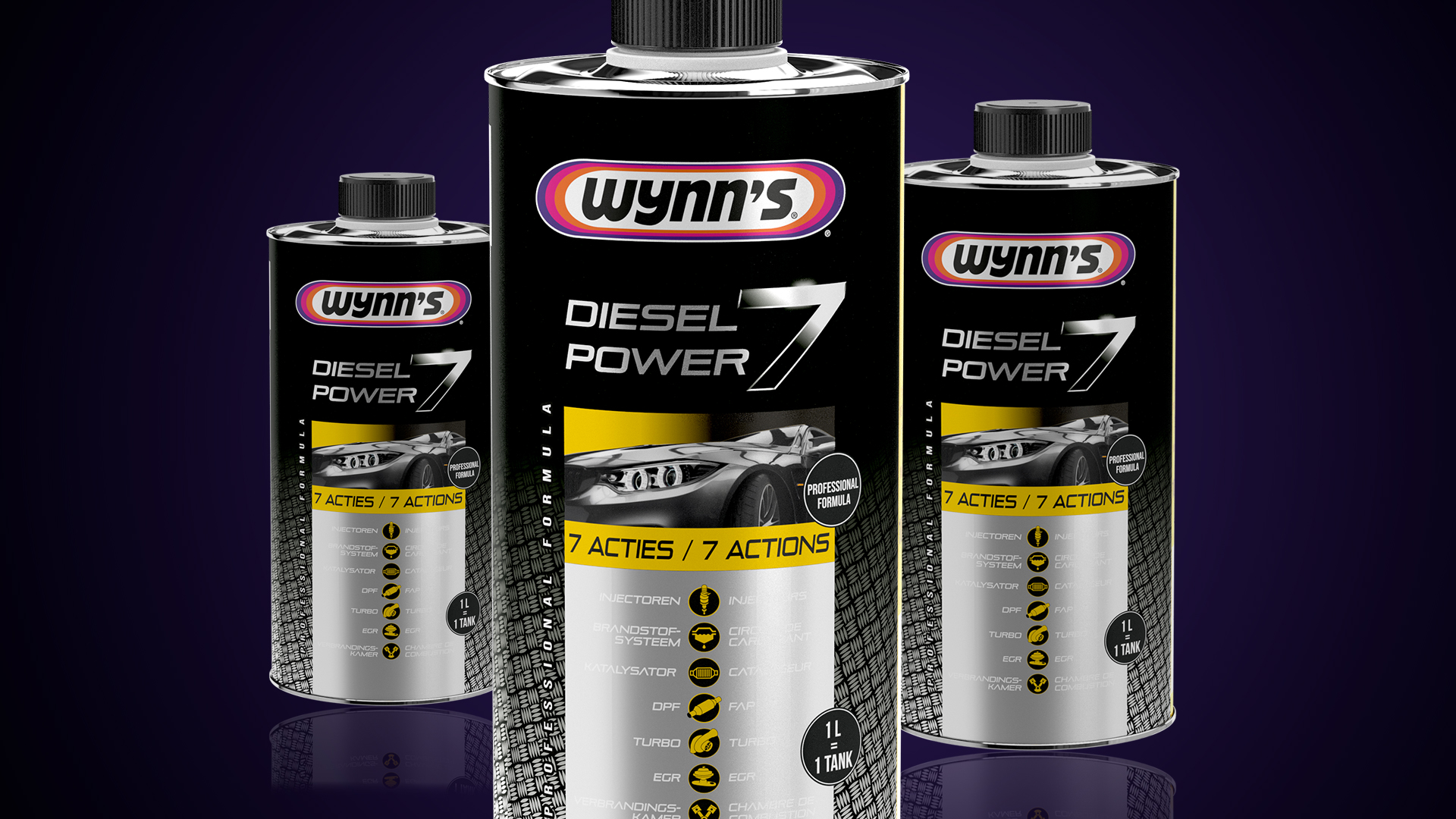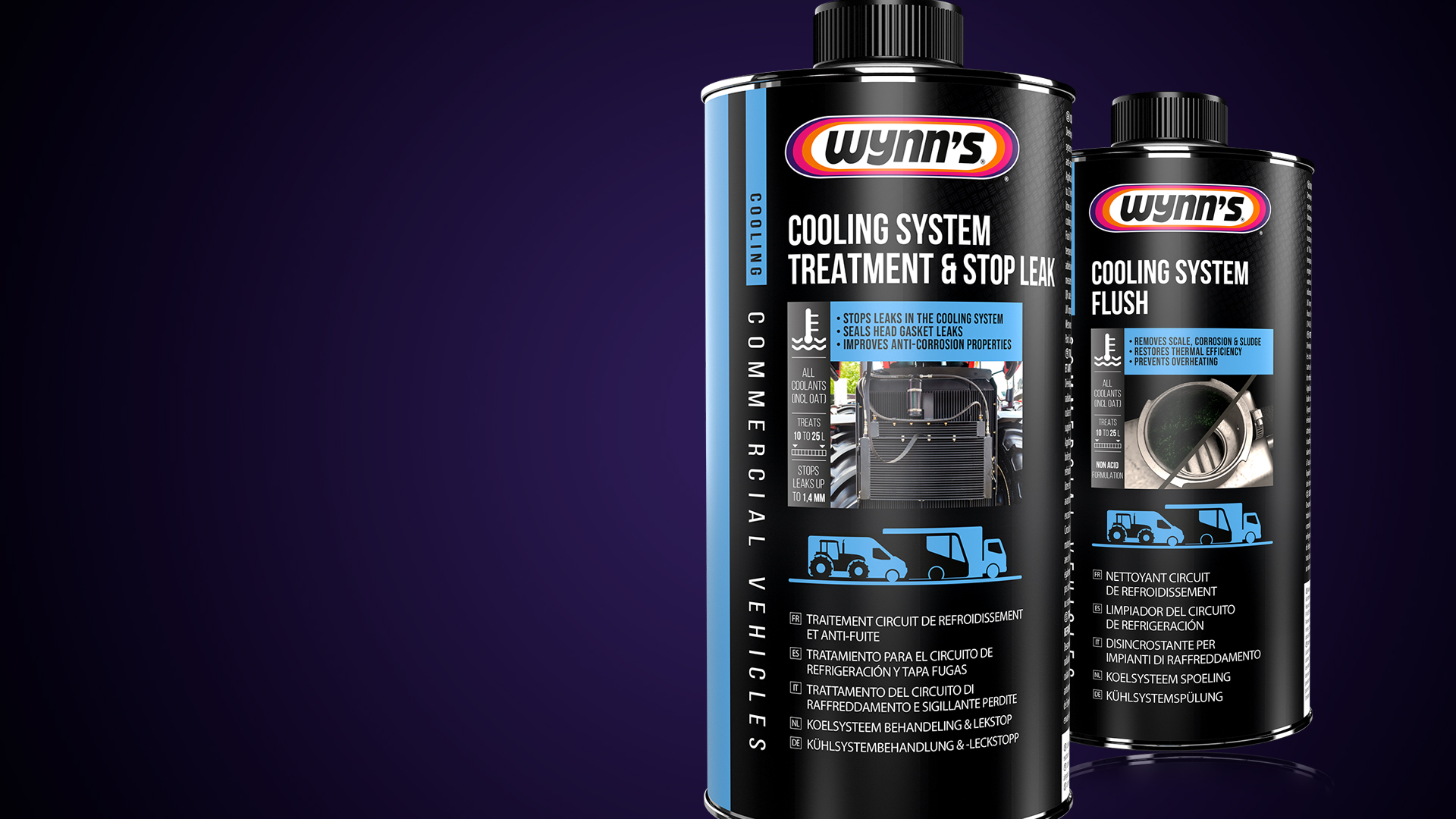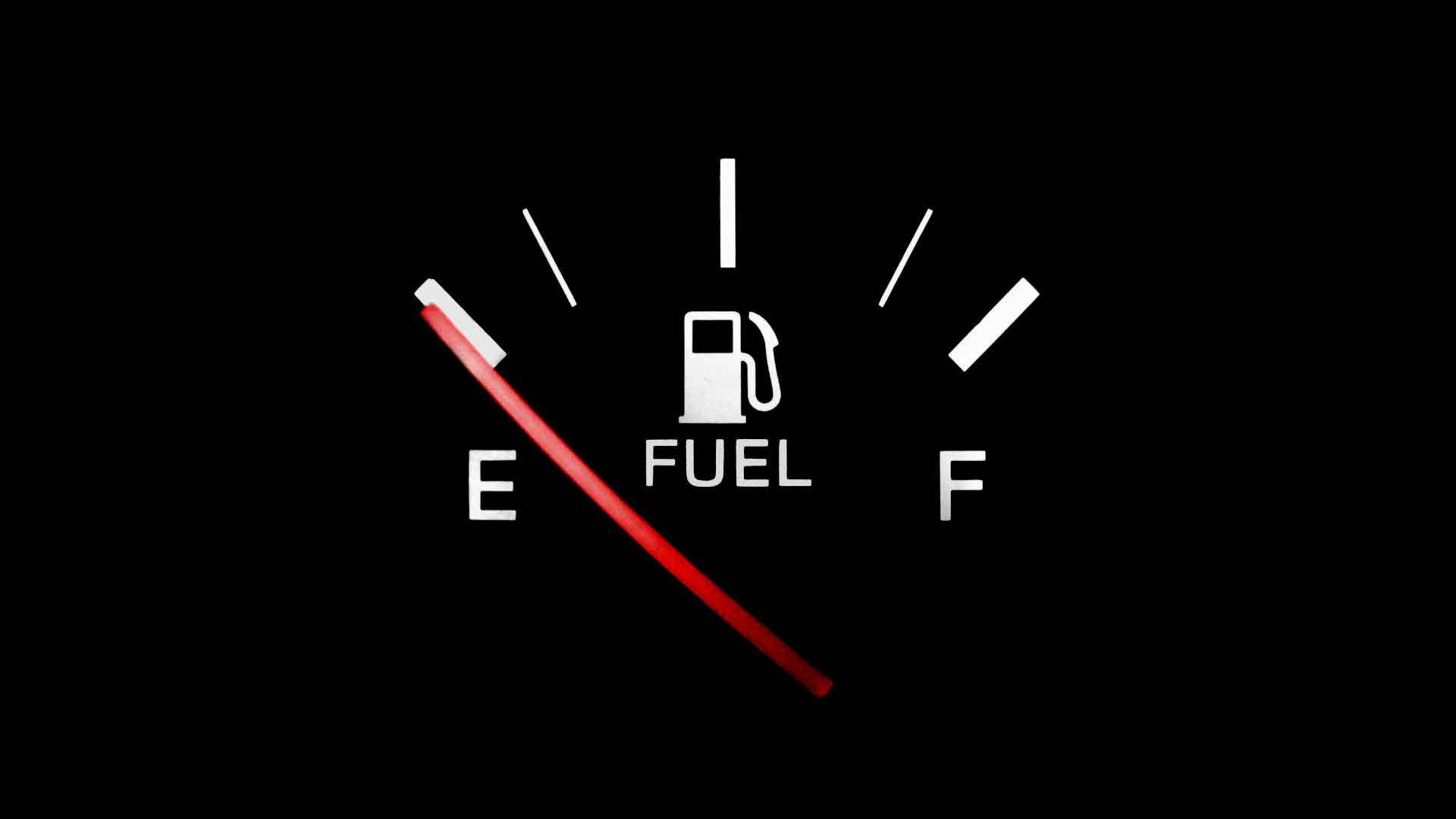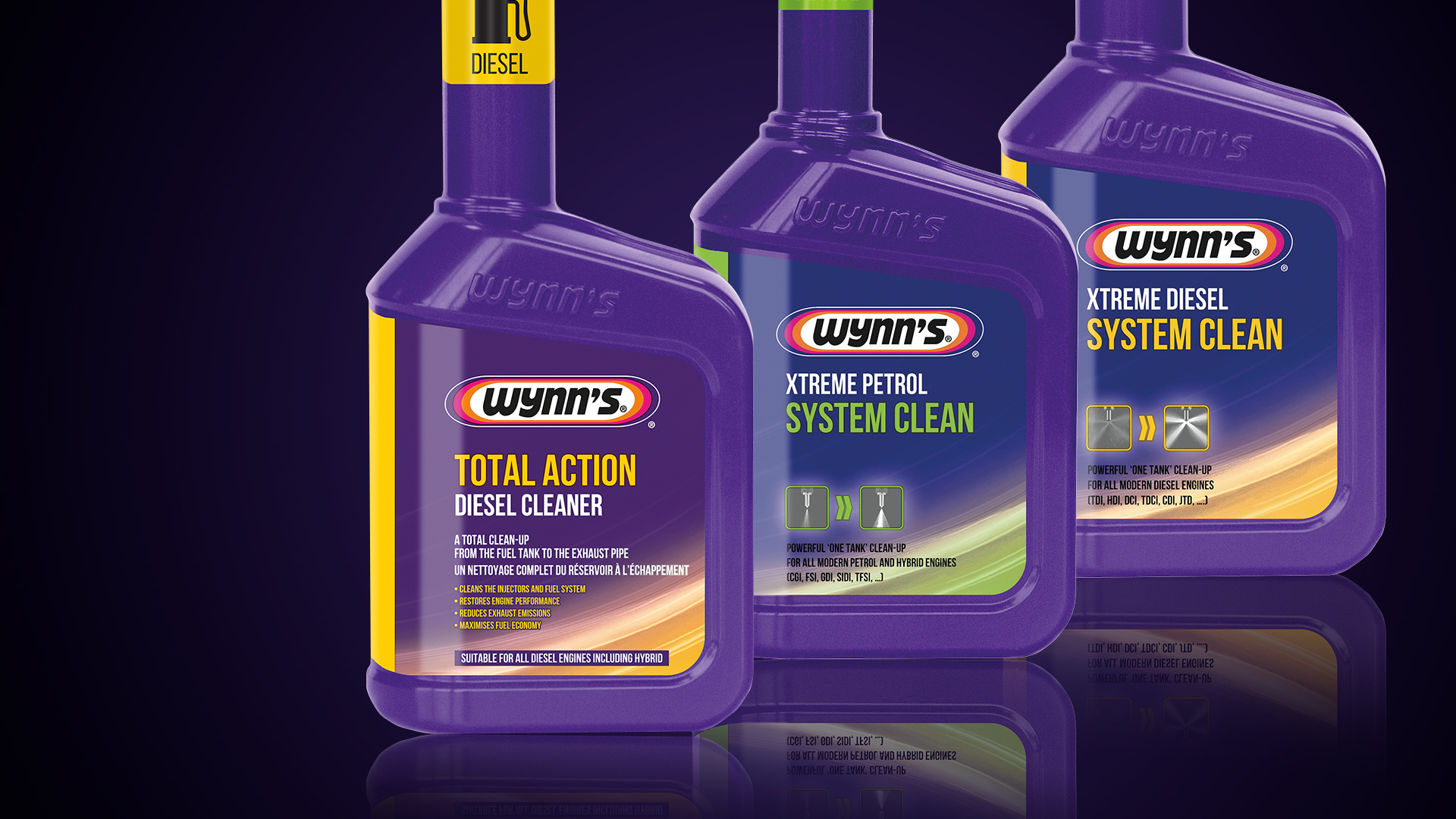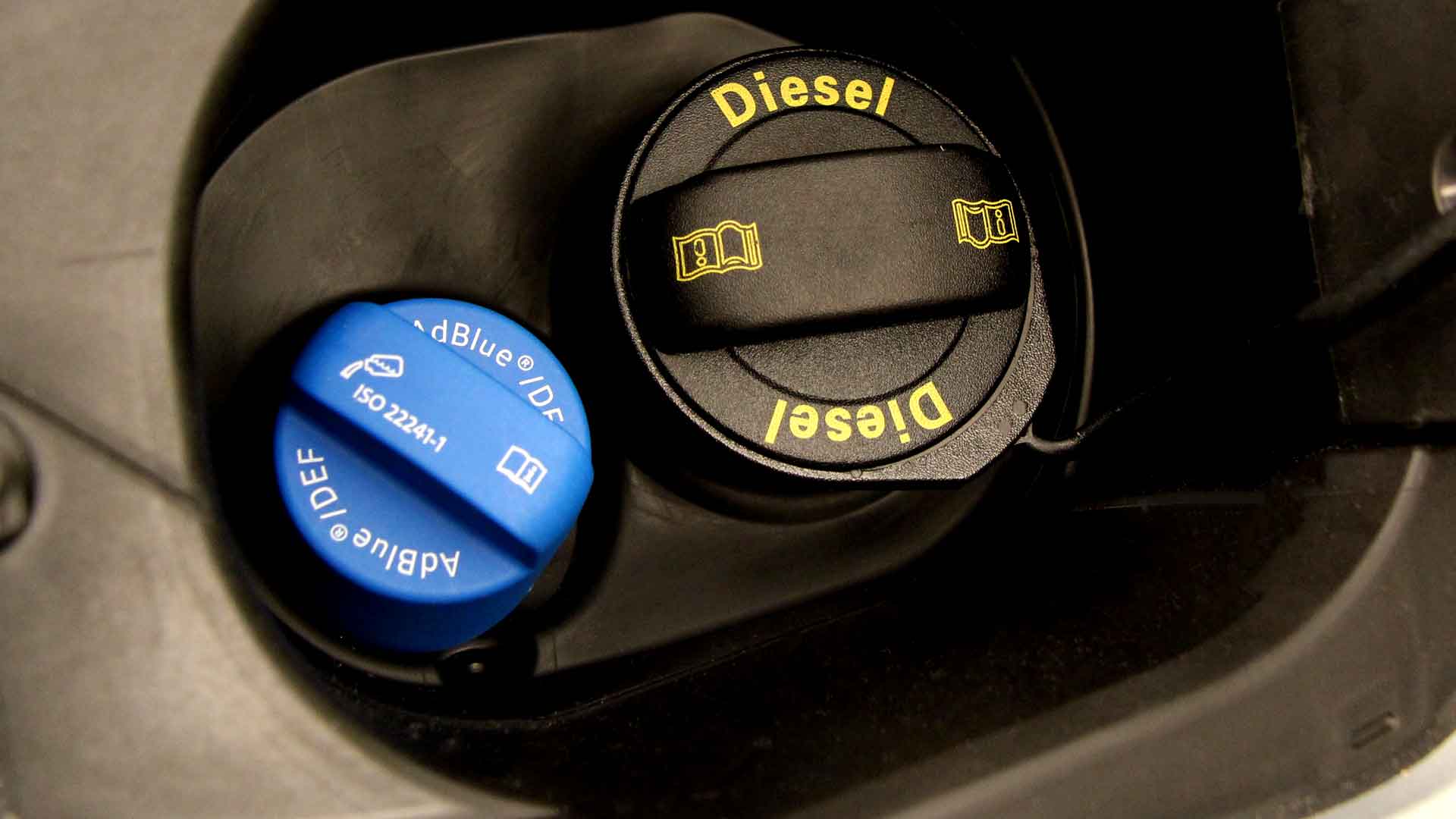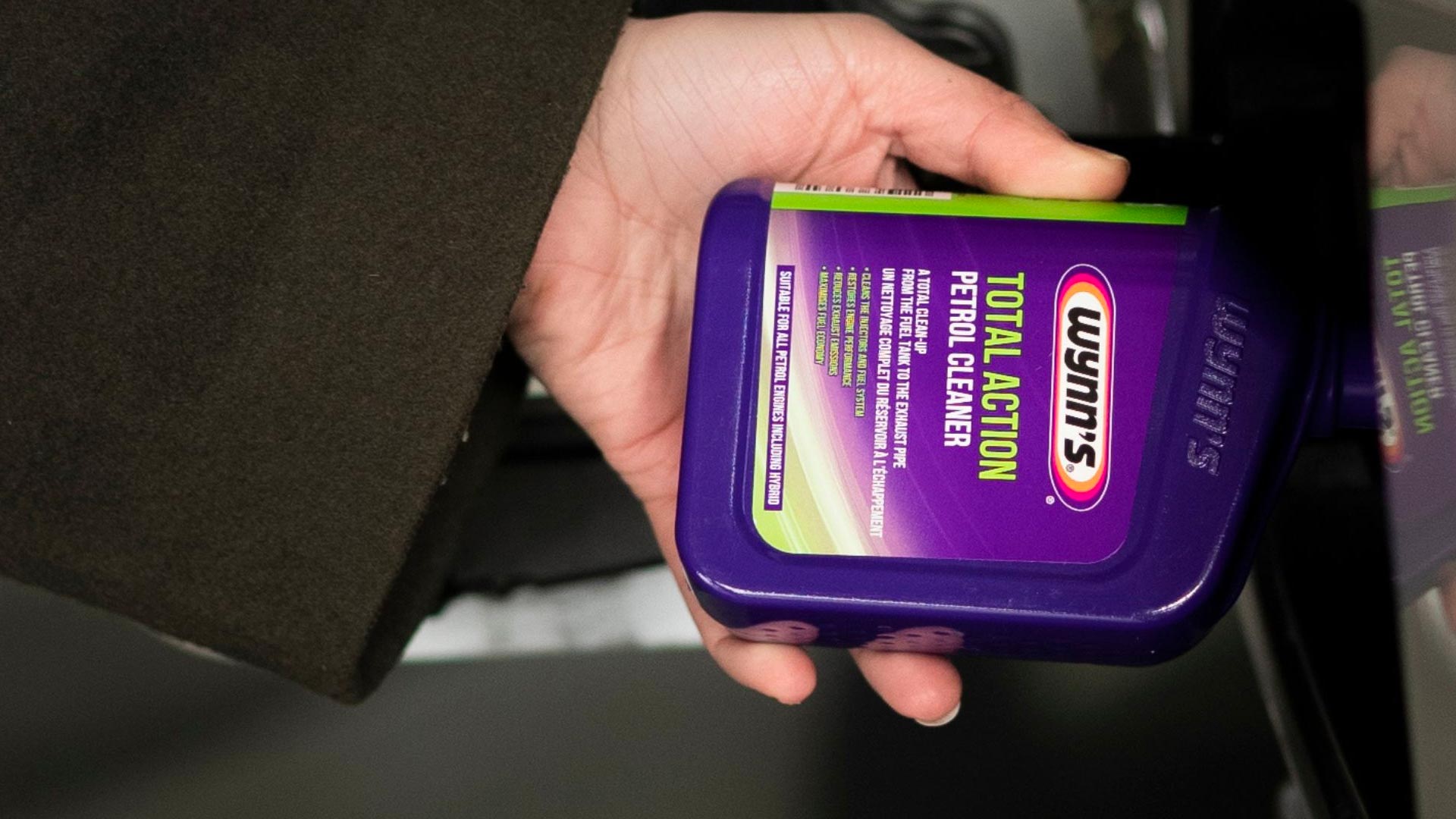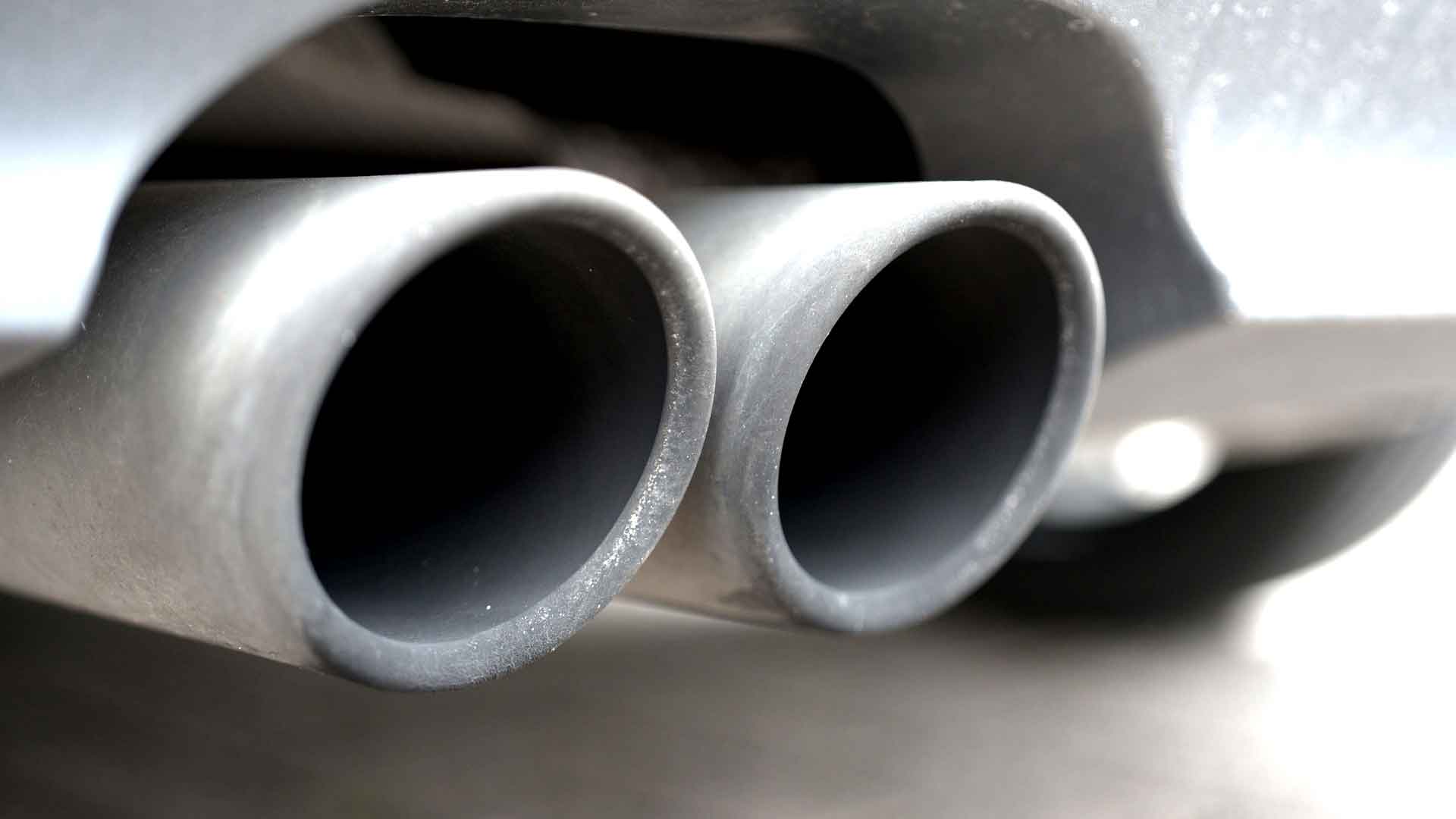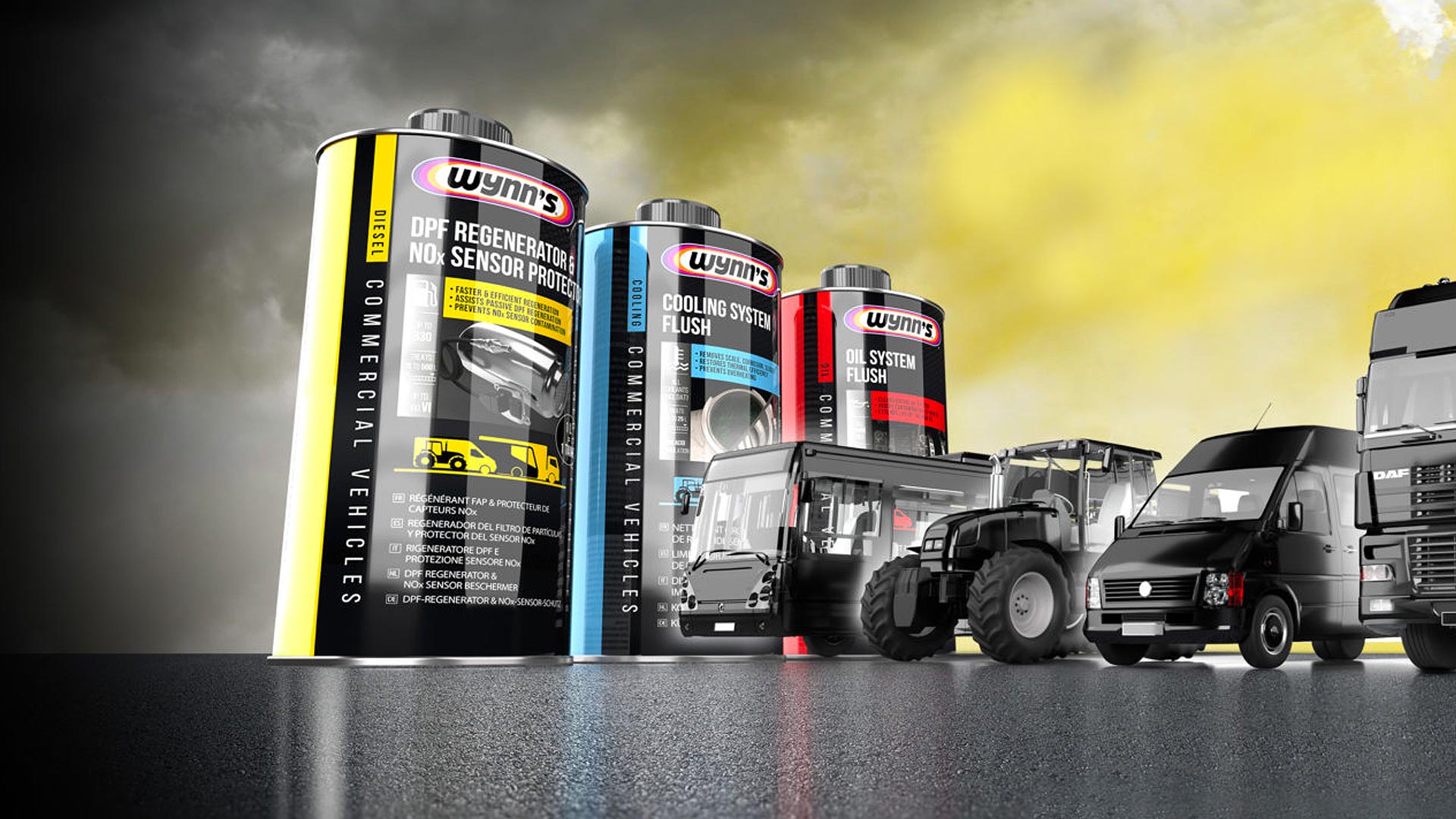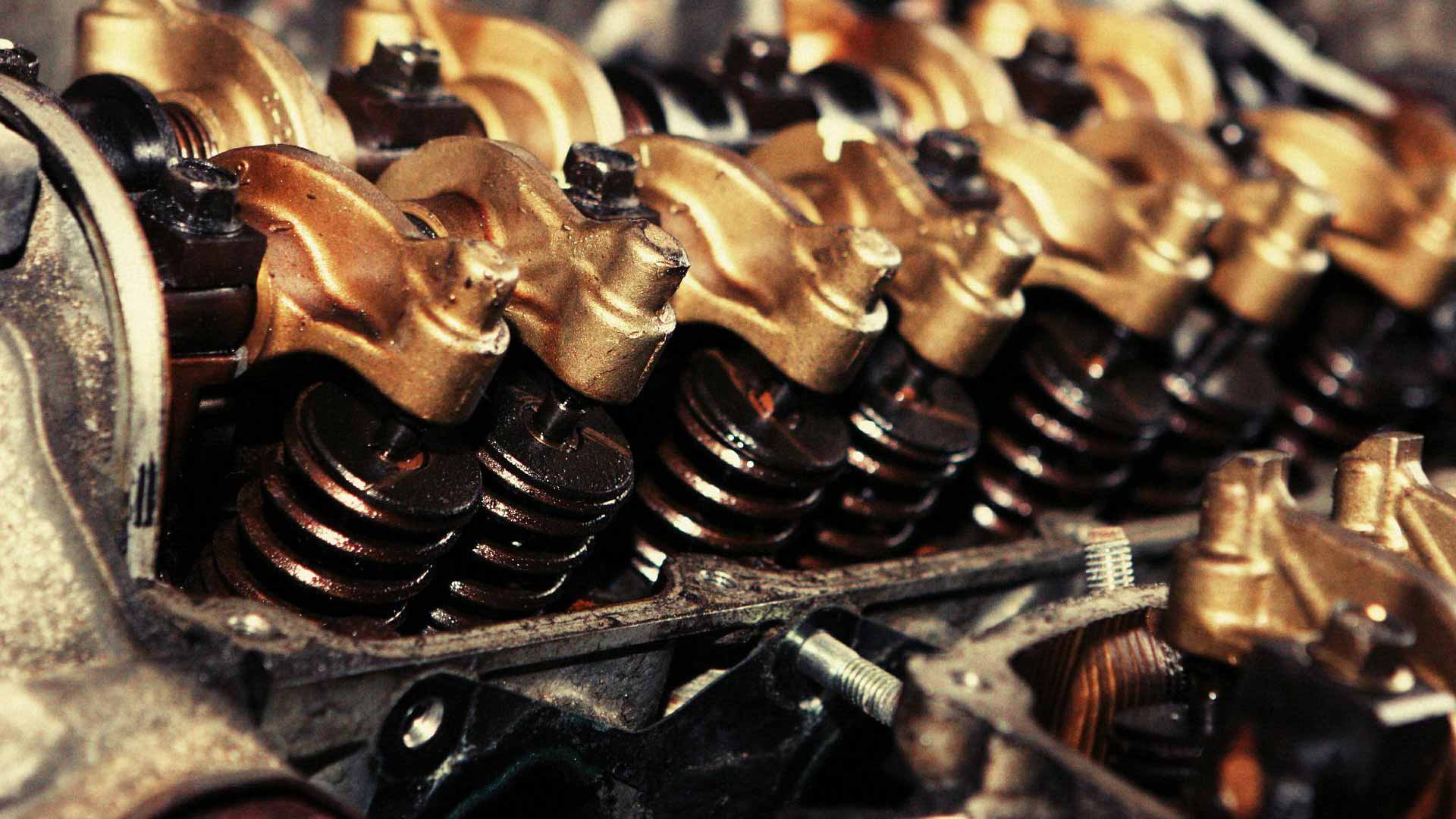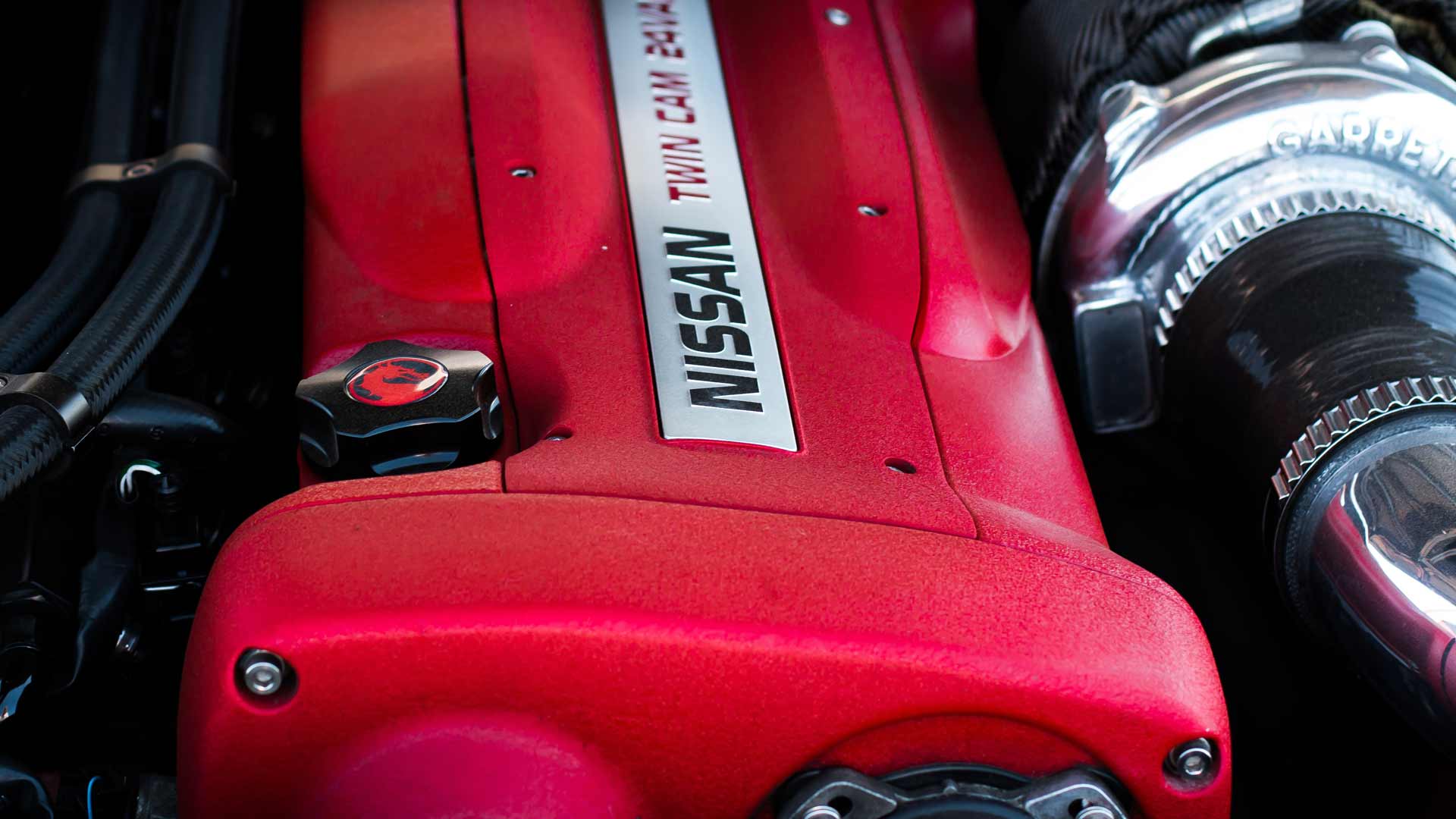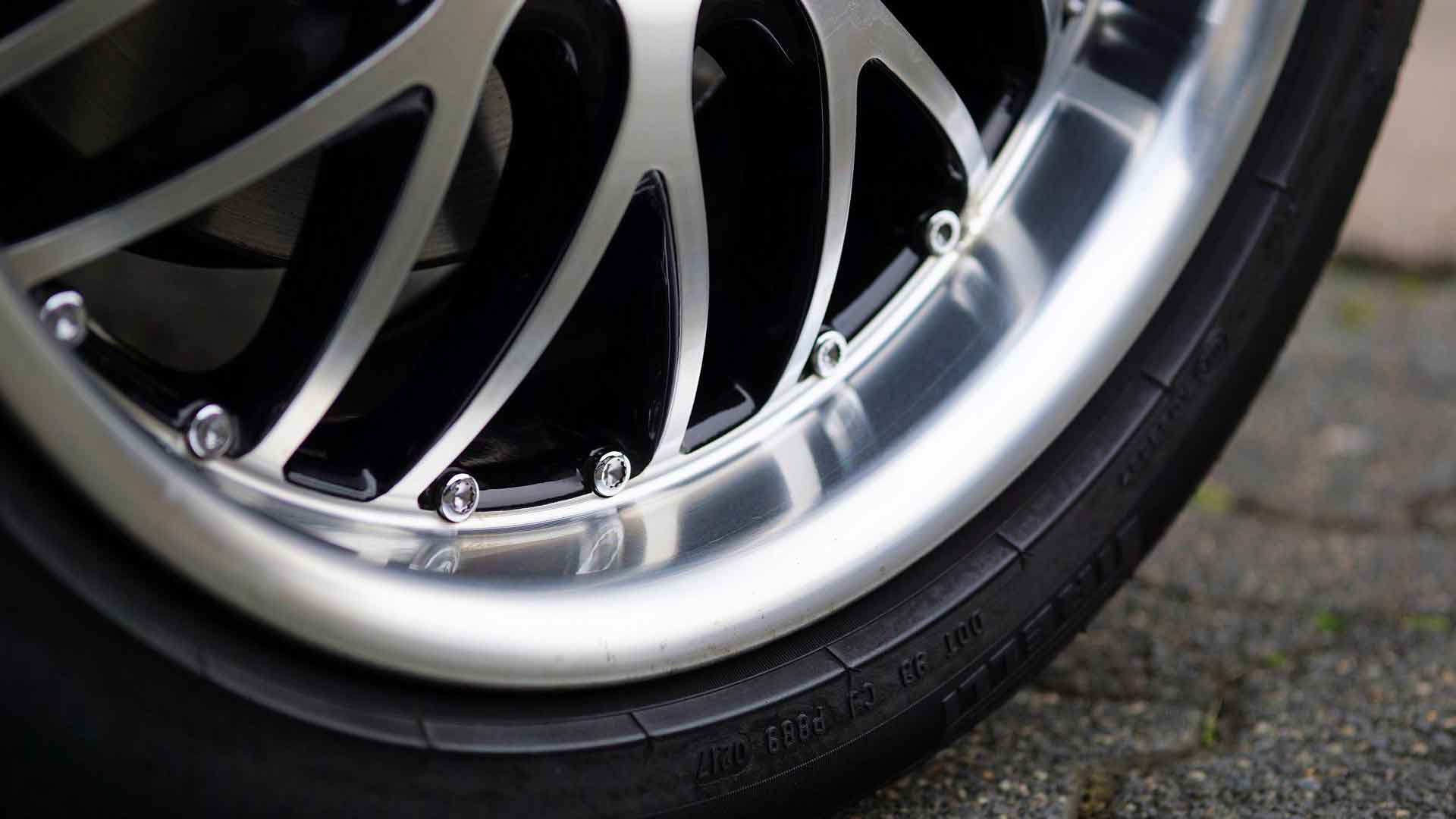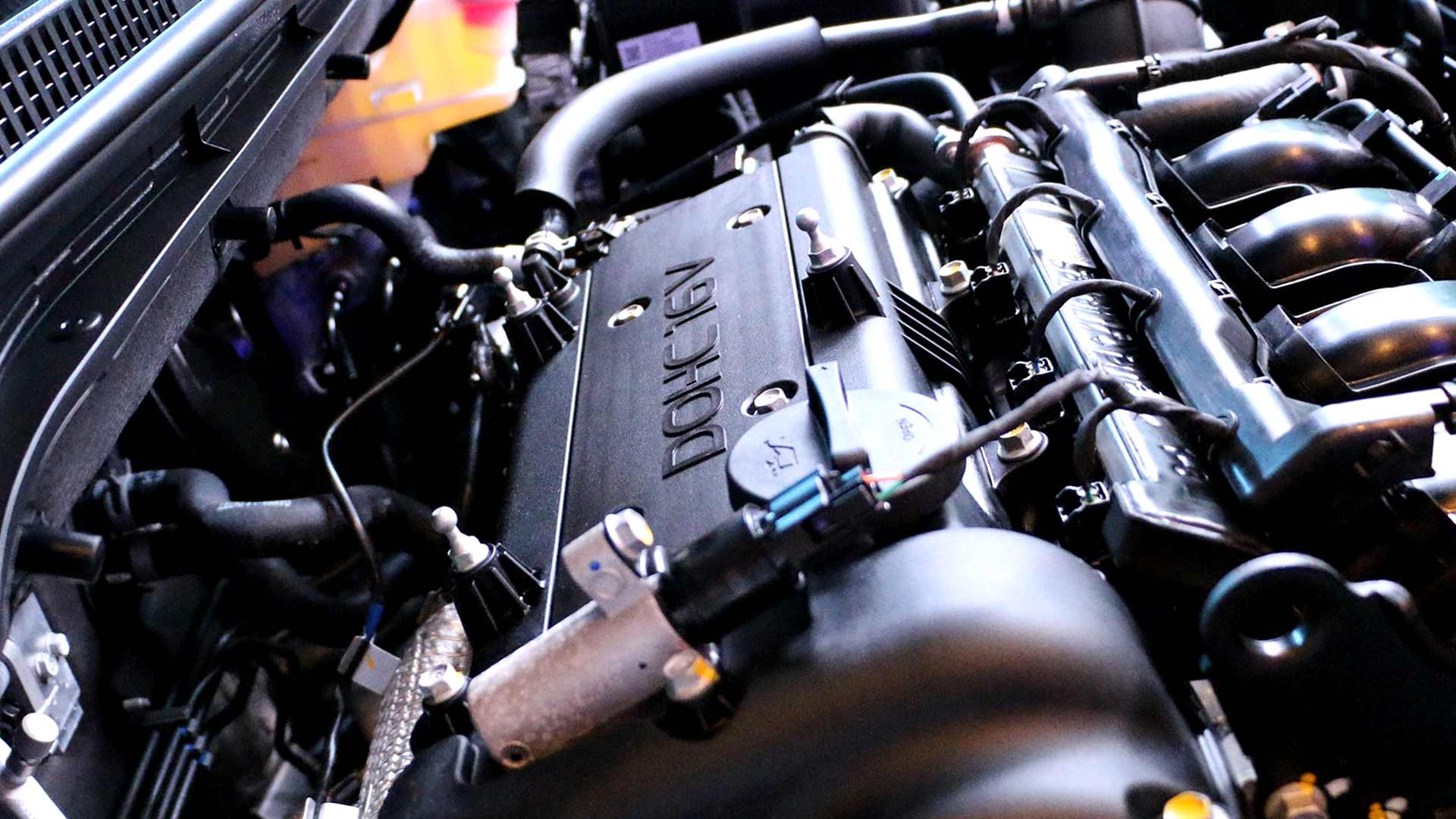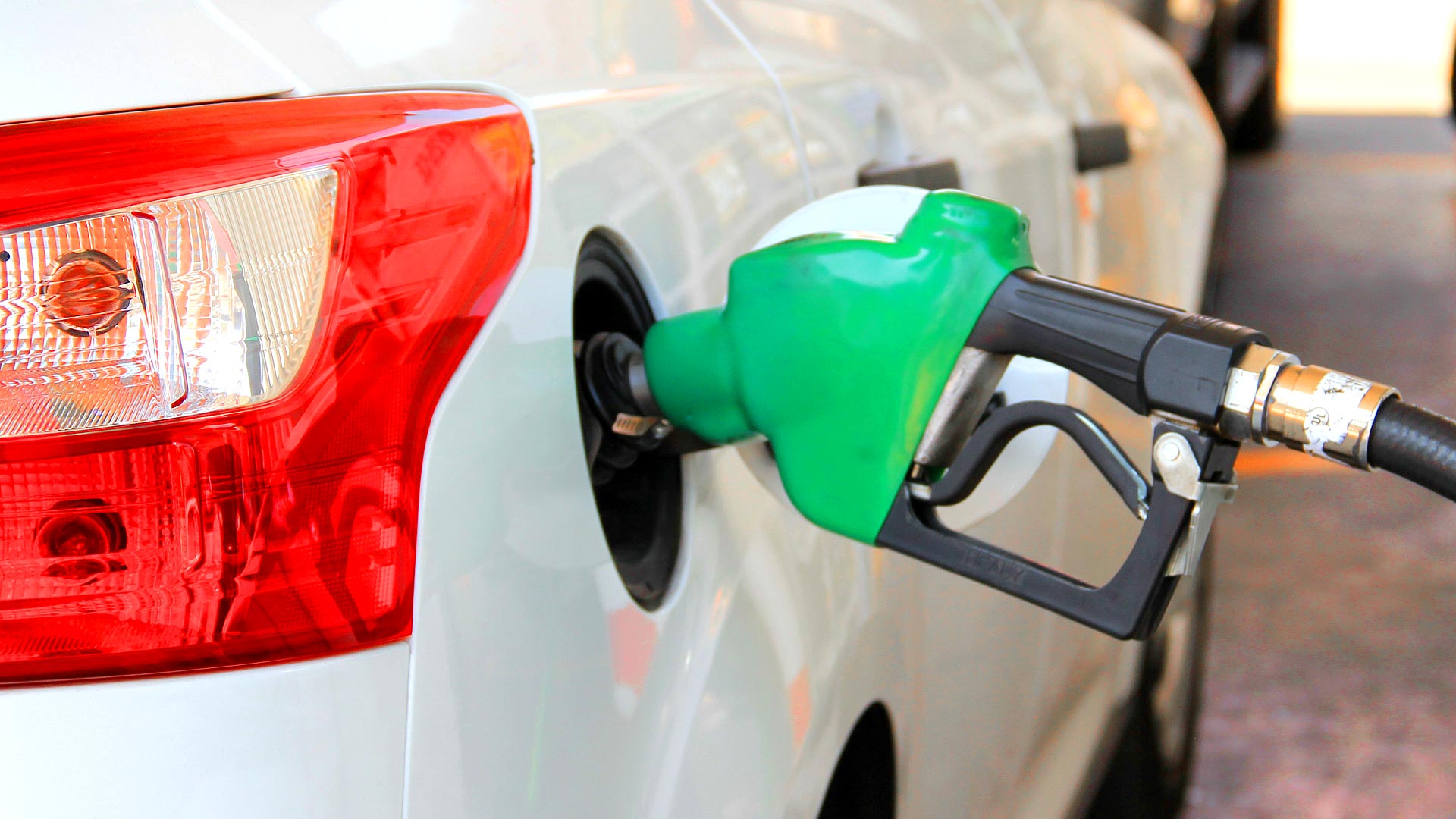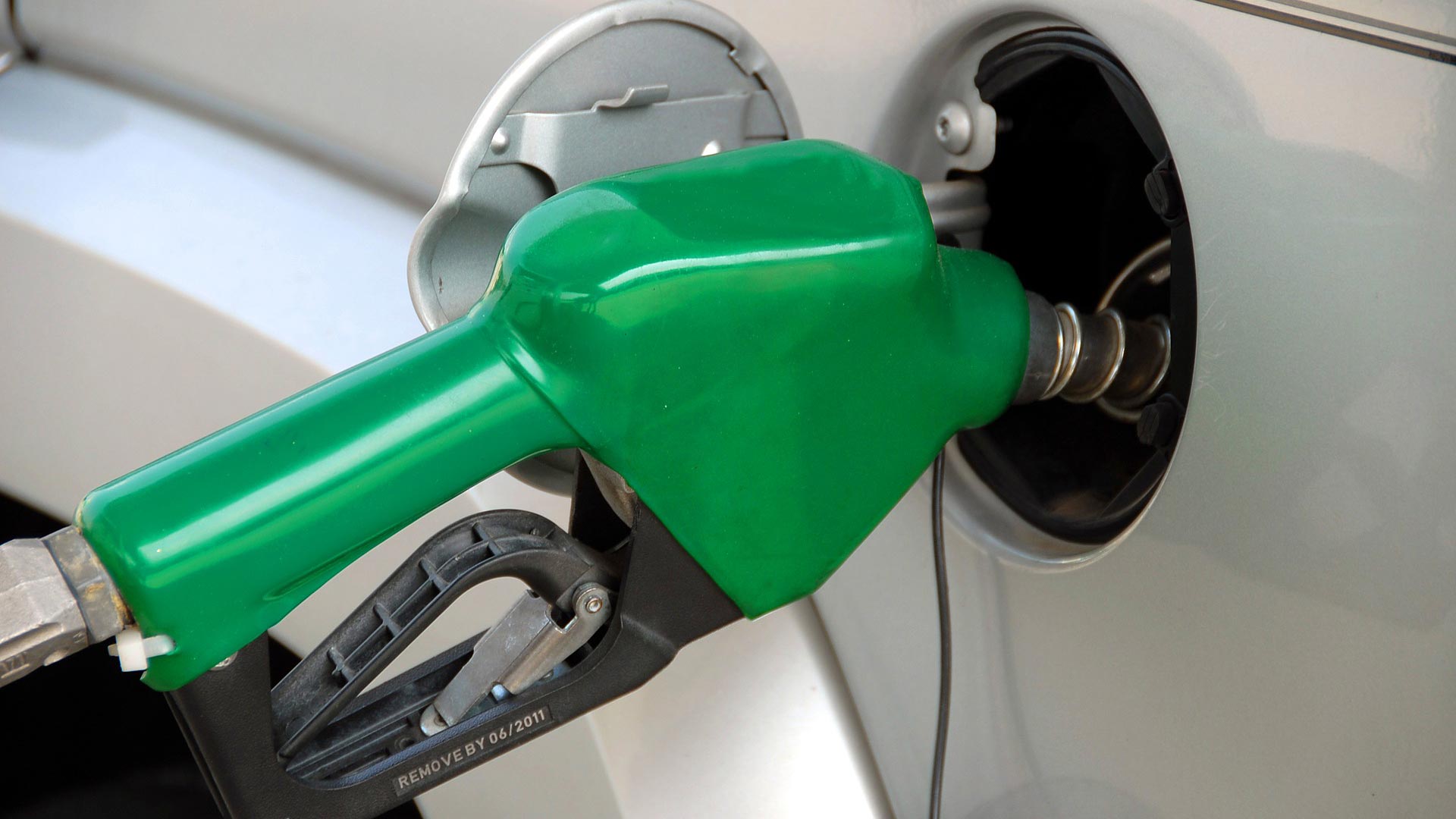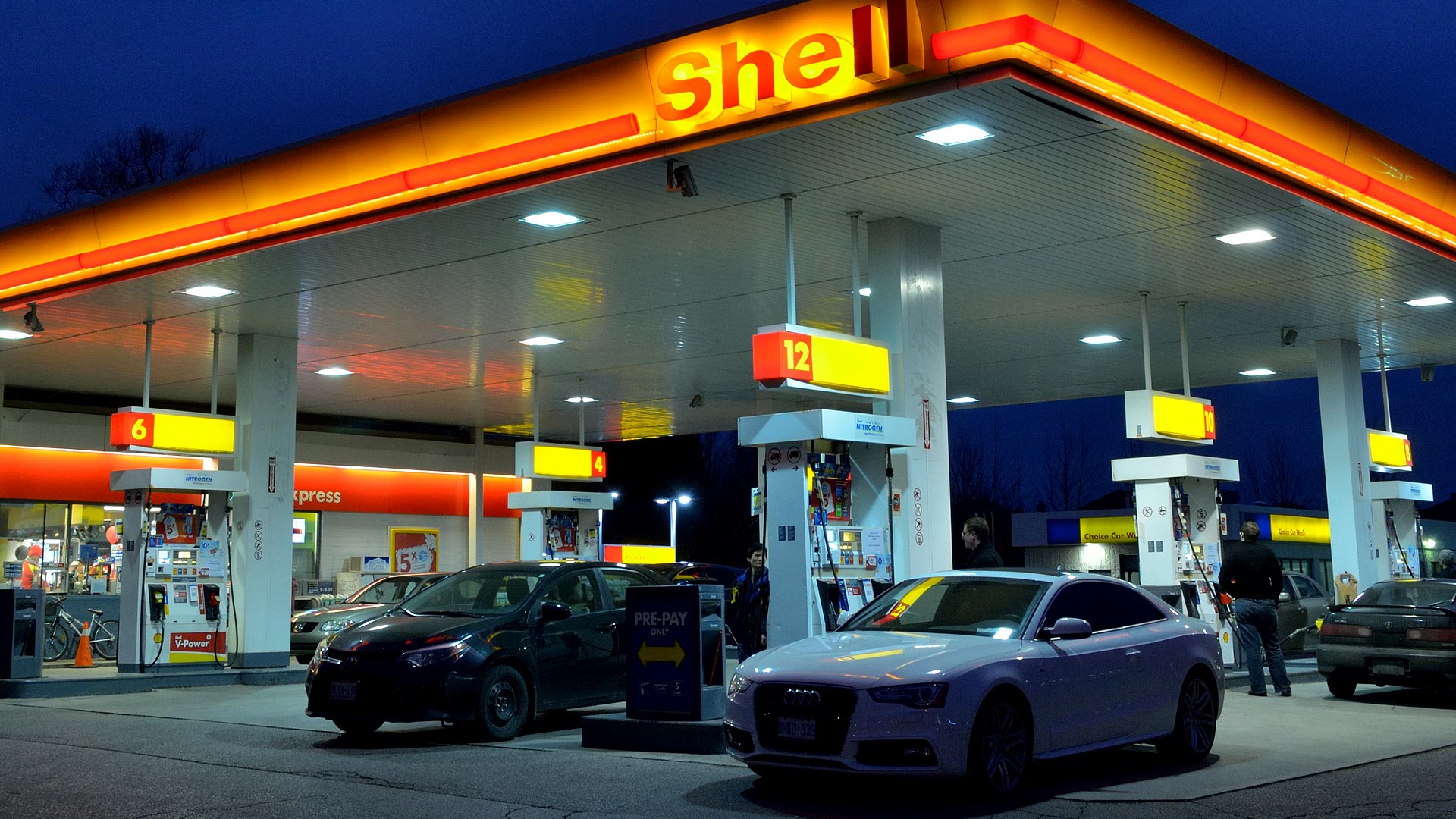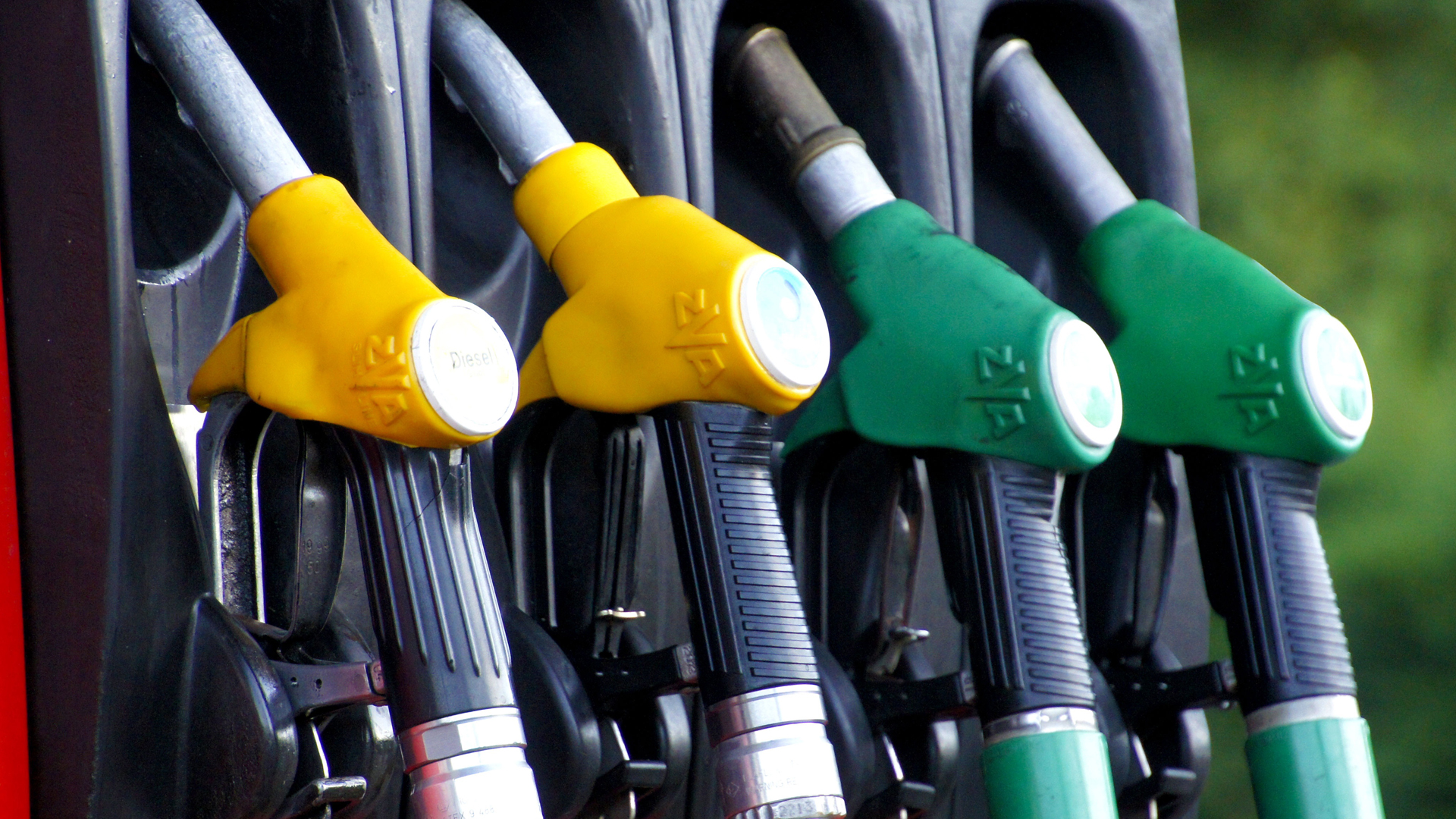What does the Selective Catalytic Reduction (SCR) do?
Selective Catalytic Reduction (SCR) is an emissions control technology used in vehicles, particularly diesel engines, to reduce nitrogen oxide (NOx) emissions. The SCR system works by injecting a urea-based solution, often called diesel exhaust fluid (DEF), into the exhaust stream. When this DEF reacts with the NOx in the presence of a catalyst, it forms harmless nitrogen, water, and carbon dioxide.
In essence, SCR helps vehicles comply with stringent emissions standards by converting harmful NOx emissions into environmentally friendly components. It’s commonly employed in modern diesel engines, especially in commercial vehicles and some passenger cars.
AdBlue®, or diesel exhaust fluid (DEF), is an aqueous urea solution used in Selective Catalytic Reduction (SCR) systems. When injected into the exhaust stream, AdBlue® reacts with nitrogen oxides (NOx) from the engine to form harmless nitrogen and water vapor, reducing emissions and helping vehicles comply with emissions regulations.
What does Wynn’s Crystal Clean and Protect 125ml do?
Using Wynn’s Crystal Clean and Protect helps prevent the formation of crystal deposits and will dissolve light crystallisation. Crystallisation is formed when the exhaust gas temperature drops below 300 degrees.
At this temperature the Urea in the AdBlue® cannot react correctly and turns into crystals blocking the SCR system. If this happens you may have to dismantle the whole system to physically clean the system.
